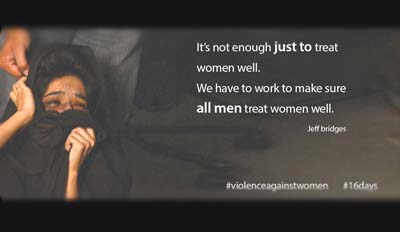The Unlikely Peacemaker

Frayan Doctor
The tense standoff between Saudi Arabia and Iran has shaken the Middle East down to its core and caused panic among Western leaders. The region has become a powder keg waiting to explode into chaos and full-blown war. Amid intense diplomacy to resolve the growing bitterness between Saudi Arabia and Iran, Pakistan has emerged as an unlikely state to lead the efforts to diffuse the tension between the two regional powers.Nearly 100 years since the Middle East’s map was redrawn and the present states came into being, the animosity between Sunni Saudi Arabia and Shia Iran threatens to nose-dive the volatile region into a devastating conflict. Prime Minister Nawaz Sharif and Chief of Army Staff, General Raheel Sharif’s visits to Saudi Arabia and Iran over the past two days has been warmly welcomed by diplomatic circles in the Middle East and the West, who are nervous about the escalating situation between the traditional rivals. The proxy wars being waged by both in Syria and Yemen have led to a humanitarian crisis not just in both the countries, but also in Europe, which has been overwhelmed by over a million refugees who are escaping the conflict from these countries, but also Iraq, Afghanistan and other war-torn nations.
Saudi Arabia’s support for Sunni rebels and possibly the Islamic State to drive out the Alawite regime of Bashar Al-Assad in Syria has ripped the country apart after five years of civil war, with no apparent end in sight. Similarly, its quest to keep the Sunni government in power in Yemen has led it to carry out a massive land and air bombardment of the Houthi rebels, who are in control of the capital, Sanaa. This has infuriated Iran, which sees the kingdom wielding unnecessary influence and power in these countries to destabilize them. As a result, Tehran has been supporting the Houthis and Assad’s army with weapons, training and other equipment. In retaliation, Riyadh has accused Tehran of fanning the flames of war and tension, calling it to withdraw its support for the rebels in Yemen and the regime in Syria.
Diplomatic efforts have proven to be futile in 2015, with the whole world watching nervously the events over the past year. It is refreshing to see Pakistan take a positive role in the situation and be the peacemaker, realizing that peace is in the best efforts of not only Saudi Arabia and Iran, but the region and world itself. This will also help defeat IS, and keep the militant group out of Pakistan.
As it is, Islamabad and the General Headquarters in Rawalpindi have waged a domestic war on terror against the Tehreek-e-Taliban Pakistan for roughly 14 years. And with the gains made against the group with Operation Zarb-e- Azb, an established presence by the IS group in Pakistan could tear the country apart. The TTP has been weakened by infighting and broken up into various factions, rendering its operations ineffective to a large extent. But the IS has been emboldened by recruits from all over the world and robust finances, and is seeking to expand its rule across the region.
So, for Pakistan to invest its efforts in mediating between Riyadh and Tehran has a lot to do with killing two birds with one stone; preventing a war on religious grounds in the Middle East,and also prevent a new terrorist threat from taking root domestically.







